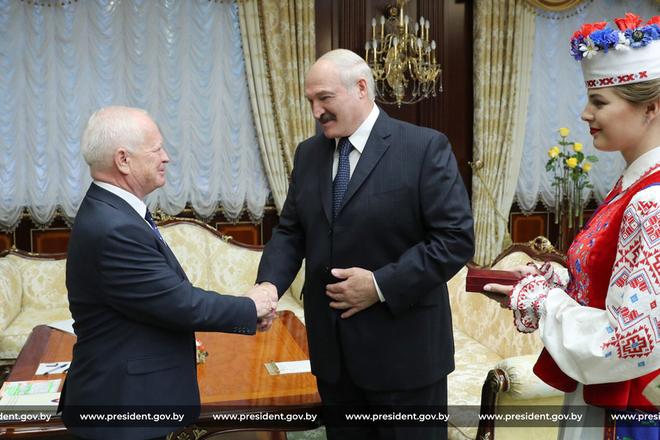Slovakia has secured an unusually swift agreement to dispatch its ambassador to Minsk, with approval granted in record time for Jozef Migaš. This expedited process is being interpreted as a conciliatory gesture from Belarus, aimed at improving ties with the EU and NATO member, after years of strained relations.
“Migaš received an agrément within two days of Slovakia submitting its request,” a senior Slovak foreign ministry official told the daily Pravda, speaking on condition of anonymity. In diplomatic terms, an agrément signals a host country’s approval of a proposed ambassador.
Migaš’s return to Minsk has sparked surprise. He previously served as ambassador to Belarus, and such reappointments are rare. The move mirrors Slovakia’s recent approach to Russia, where Peter Priputen was reappointed ambassador. Observers suggest that both decisions reflect Prime Minister Robert Fico’s preferences, prioritising seasoned diplomats for complex assignments.
Migaš’s history in Minsk is not without controversy. In 2020, he angered then-Foreign Minister Ivan Korčok by attending a WWII commemoration in Belarus without approval. His resignation followed, but the incident earned him accolades from Belarusian dictator Alexander Lukashenko, including a state medal and a German Shepherd.
Relations further soured after Slovakia’s embassy in Minsk supported individuals persecuted by Lukashenko’s regime following Belarus’s disputed 2020 elections. In retaliation, Belarus closed its Bratislava embassy. The cooling of relations was then marked by Lukashenko’s unwillingness to accept a diplomat with the rank of ambassador in Minsk after Migaš.
As diplomatic ties warm under Slovakia’s new government, Belarus’s embassy in Bratislava may reopen in 2025.
Before November 1989, Migaš was a member of Czechoslovakia’s totalitarian Communist Party, even serving as a lecturer at the Political Academy of the Central Committee of the Slovak Communist Party in Bratislava. He is a graduate of the scientific communism programme at the State University in Kyiv. After the fall of the regime, he transitioned to democratic politics, eventually becoming Speaker of the Slovak Parliament from 1998 to 2002. Between 2009 and 2014, Migaš served as Slovakia’s ambassador to Moscow before taking up the same post in Minsk.

 Jozef Migaš (l) shakes hands with Belarusian President Aleksandr Lukashenko in Minsk, Belarus on July 6, 2020. (source: President of the Republic of Belarus)
Jozef Migaš (l) shakes hands with Belarusian President Aleksandr Lukashenko in Minsk, Belarus on July 6, 2020. (source: President of the Republic of Belarus)